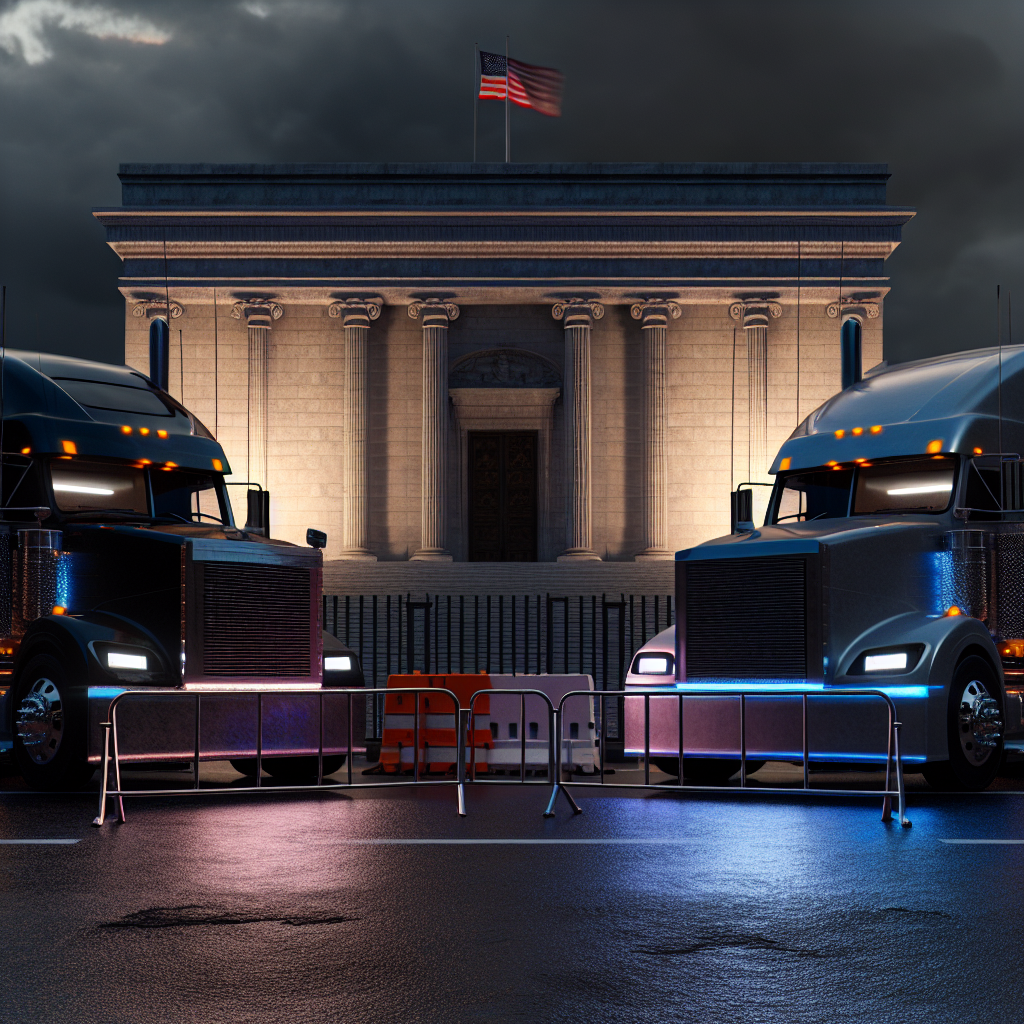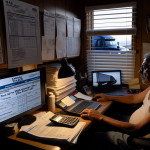A federal judge has temporarily barred the California Air Resources Board from enforcing its Clean Truck Partnership, siding with four major heavy‑duty manufacturers who say the pact collides with federal law. In an order issued Friday, Oct. 31, U.S. District Judge Dena M. Coggins granted a preliminary injunction that pauses California’s ability to implement or threaten enforcement of the agreement while the case proceeds.
The ruling gives Daimler Truck North America, PACCAR, International Motors and Volvo Group North America the early edge in their August lawsuit, which argues that California cannot use a 2023 side agreement to effectively compel compliance with state emissions programs that are now under federal challenge. Coverage of the order indicates the court saw “serious questions” on preemption and found that manufacturers faced “concrete, irreparable harm” if California tried to enforce the deal in parallel litigation.
Why it matters for trucking: the injunction freezes a powerful lever California sought to use to keep zero‑emission sales targets and other obligations on track even as federal policy shifted. Without that lever, OEMs are less likely to ration California‑certified diesel engines or allocate inventory with the Clean Truck Partnership in mind, easing short‑term supply pressures for fleets ordering 2025–2026 equipment. It also reduces near‑term risk of cross‑manufacturer penalties tied to the pact while the courts sort out the underlying legal fight.
The Clean Truck Partnership was designed to bind truck makers to California’s tougher standards and zero‑emission sales requirements even if federal approvals were rolled back. By blocking enforcement, the court signaled that using a contract to preserve state‑level mandates raises serious preemption concerns under the Clean Air Act. Legal outlets reporting on the order emphasized that California “cannot enforce” the 2023 agreement while the injunction is in place.
California, for its part, has turned up the heat. Late last week, the state filed a breach‑of‑contract suit in Alameda County against the same manufacturers, accusing them of walking away from the 2023 commitments. The new federal injunction arrived just as that state‑court action landed, intensifying a two‑front legal battle over whether the pact can be used to keep California’s truck standards in force.
What fleets should do now:
– Expect OEM compliance bulletins and updated ordering guidance; the injunction eases immediate pressure to meet contract‑based ZEV sales targets, but it does not invalidate any other regulations outright.
– Review purchase agreements and specs that referenced California‑only configurations or CTP‑driven allocations; those constraints may loosen while the injunction holds.
– Watch for additional court activity—California could seek to narrow or overturn the injunction, and the merits of the manufacturers’ claims still must be decided. Legal reporting suggests the judge’s analysis turned on federal preemption, a question that often invites appeals.
The bottom line: For the moment, enforcement of the Clean Truck Partnership is off the table. That gives truck makers breathing room to plan nationwide product mixes without contract‑based California penalties, and it gives carriers more certainty that near‑term diesel availability won’t be constrained by the pact. But the broader fight over how fast—and by what mechanism—the industry must shift toward zero‑emission technologies is far from over, with state and federal litigation moving in parallel.
Sources: FreightWaves, Commercial Carrier Journal, Bloomberg Law, Law360, Overdrive, CBT News
This article was prepared exclusively for TruckStopInsider.com. Republishing is permitted only with proper credit and a link back to the original source.





